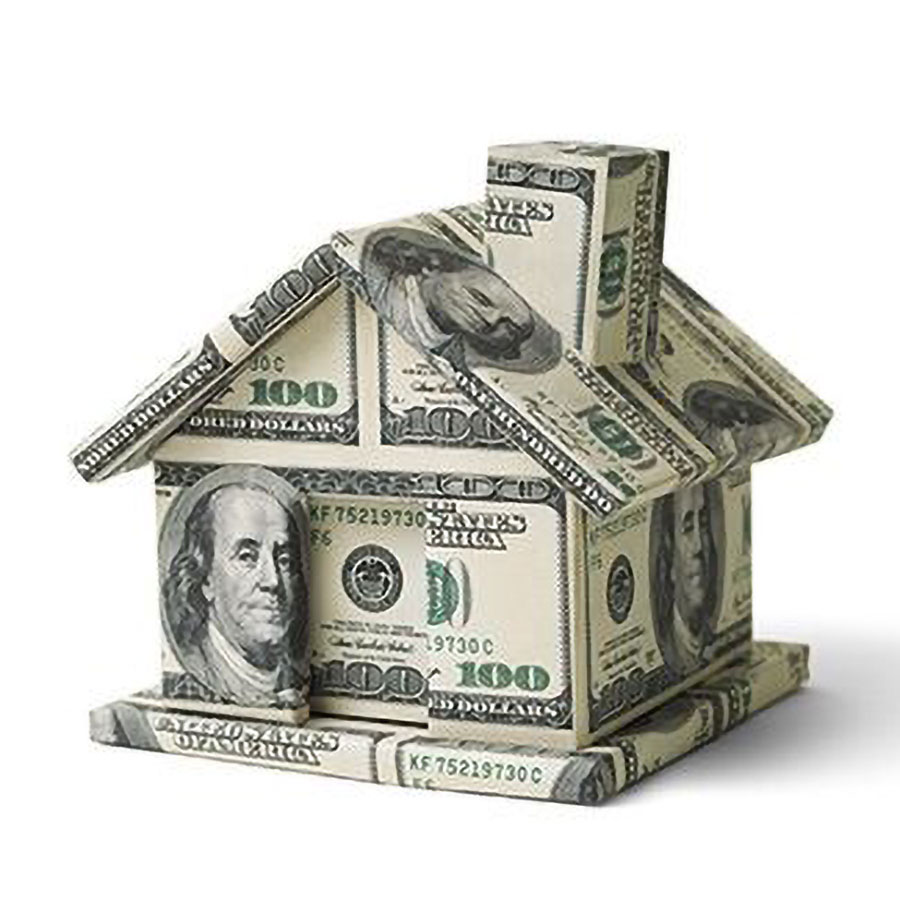
A Shield for Your Home
Understanding homestead exemptions can play a crucial role in protecting one of your most valuable assets – your home. Often, homeowners are unaware of the extent of legal protection available to them, and how it can safeguard their property from creditor claims or other financial liabilities. In this article, we’ll delve into the details of the homestead exemption and how it can help protect your home.
What is a Homestead Exemption?
A homestead exemption is a legal provision that can help protect a portion of your home’s value from creditors. It works by excluding a portion of a home’s value from property taxes, thereby potentially saving homeowners significant amounts of money each year.
Beyond offering financial relief, the homestead exemption also plays a crucial role in asset protection. In case of bankruptcy or other financial troubles, this provision can prevent the forced sale of your home to satisfy debt.
The specifics of a homestead exemption, including the maximum value that can be exempted, vary greatly from state to state. In some states, the homestead exemption is incredibly generous, while others offer less substantial protections.
How Does a Homestead Exemption Work?
To benefit from a homestead exemption, homeowners must file an application with their local or state government. Once approved, a certain amount of the home’s value is considered ‘exempt’ from creditors and property taxes.
In the context of creditor protection, the homestead exemption safeguards your home from forced sale to satisfy debts. Even if a homeowner has unpaid debts, creditors cannot force the sale of a home due to the homestead exemption. However, it’s important to note that this exemption usually does not apply to mortgages, liens, or loans taken out for home improvements.
When it comes to property taxes, the exemption works by reducing the taxable value of your home. For instance, if your home is valued at $300,000, and you qualify for a $50,000 homestead exemption, you would only pay property taxes on $250,000, which can lead to significant savings.
Who Can Apply for a Homestead Exemption?
Homestead exemptions typically apply to primary residences only, meaning the property owner must live in the home and claim it as their primary residence. Some states may also set other eligibility criteria, such as age, income, or veteran status. It’s essential to research your specific state’s laws or consult with a legal or financial professional to understand eligibility requirements.
Schedule a Call
Schedule a call with us to discover how APC can strengthen and safeguard your asset portfolio.
Homestead exemptions can serve as a robust layer of protection for homeowners, safeguarding their homes from creditor claims and reducing their property tax burdens. However, understanding your state’s specific laws is vital to make the most of these protections. By taking advantage of the homestead exemption, homeowners can ensure their homes remain safe havens, even in times of financial uncertainty.
